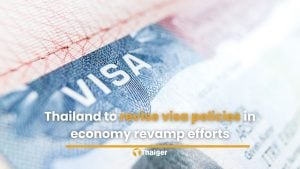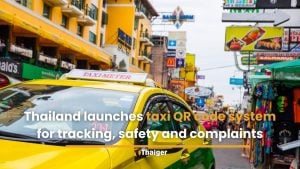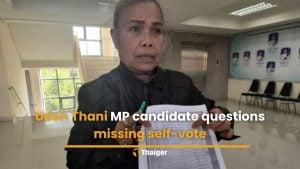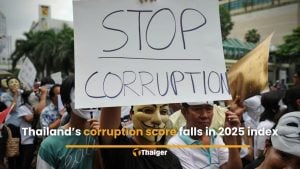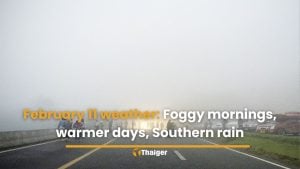Thailand and China’s visa-free policy not boosting tourism yet
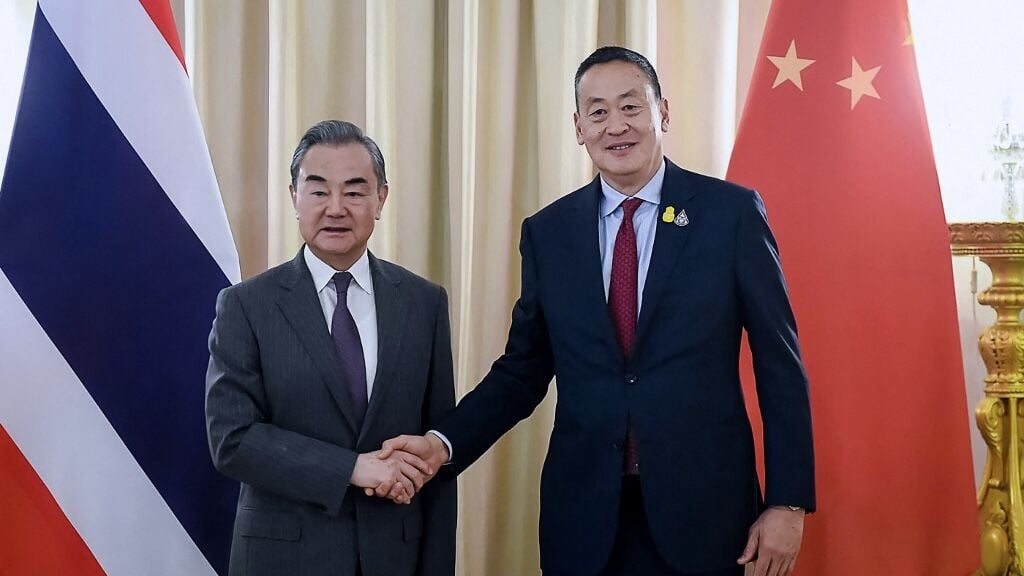
Despite the recent permanent visa-free policy between Thailand and China, airlines and hotels are not anticipating an immediate rise in demand. This is largely due to the gradual increase in demand and the seating capacity that is yet to fully recover.
The agreement was reached during China’s Foreign Minister Wang Yi’s four-day official visit to Thailand, where he met with Prime Minister Srettha Thavisin. Following the Thai government’s announcement of the permanent visa exemption on March 1, Wutthiphum Jurangkool, Nok Air Chief Executive, reported no significant increase in bookings.
The inbound Chinese market remains unpredictable with a 90% load factor during the Chinese New Year. However, post-holiday bookings are still relatively quiet. Before the pandemic, Nok Air operated in 10 Chinese cities and is currently operating flights to only three cities.
Nuntaporn Komonsittivate, head of commercial operations at Thai Lion Air, reinforces this sentiment, stating that average airfare for China routes is not expected to change drastically due to the visa waiver. She anticipates a gradual increase in demand among Thai tourists.
Hotel operators also predict that the free-visa scheme may not immediately boost Chinese tourist numbers due to China’s weakened economy. Suksit Suvunditkul, president of the southern chapter of the Thai Hotels Association (THA), explains that while the move facilitates travel and may encourage Chinese tourists to choose Thailand, large volumes are not expected.
Phuket hotel bookings for Chinese New Year week remain steady, and hotels should see the average occupancy rate during the festival week and February surge to 86-90%. However, many Chinese tourists reportedly find Phuket’s hotel prices during the high season too steep, prompting them to wait for cheaper periods in March and April.
Fewer Chinese
Pattaya, on the other hand, has seen a decrease in Chinese-speaking markets during the Chinese New Year, with markets such as India, South Korea, Europe, and the Middle East emerging as rising stars. This shift is attributed to the changing behaviour of Chinese tourists, who now prefer smaller tour groups or independent travel.
In Chiang Mai, fewer Chinese tourists are expected during Chinese New Year due to fewer flights and lower demand. Many hotels have pivoted to domestic tourists, along with guests from Europe and South Korea. The smog season in Chiang Mai, typically concentrated in March and April, has also made foreign travel agents, including the Chinese, hesitant to book their trips, reported Bangkok Post.
Latest Thailand News
Follow The Thaiger on Google News:




